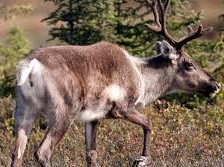
Despite years of lobbying and other efforts by Indigenous groups, conservation organizations and the general public, the current U.S. administration has decided to proceed with the industrialization of this highly valued landscape.
The Yukon Conservation Society (YCS) is deeply concerned and extremely disappointed by the U.S. Department of the Interior’s decision to move forward with petroleum leases in the calving grounds of the Porcupine Caribou Herd.
Coral Voss, Executive Director of YCS observed: “The coastal plain of Alaska’s Arctic National Wildlife Refuge, the 10-02 lands, are absolutely critical to the survival of the Porcupine Caribou Herd as the herd’s central calving grounds. This herd is crucial to the survival of both the culture and communities of the Indigenous peoples of the region.”
A U.S. Fish and Wildlife Service statement reads, in part: “Pregnant caribou, and females with young calves, are especially sensitive to disturbances such as the presence of humans, vehicles and sounds.”
Voss says the decision to open the Refuge to industrialization disregards the impacts on wildlife, the people and the places directly effected.
Despite years of lobbying and other efforts by Indigenous groups, conservation organizations and the general public, the current U.S. administration has decided to proceed with the industrialization of this highly valued landscape.
Voss says that efforts to protect this pristine and critical Refuge will continue, but may not be effective considering the current political climate in the US.
Sebastian Jones, Wildlife Analyst with the Yukon Conservation Society, said: “I can think of no decision better designed to doom the only healthy Barren Ground Caribou herd left in Canada. The fact that despite the impacts to Canada, there has been zero consultation with Canadians, simply adds insult to injury.”
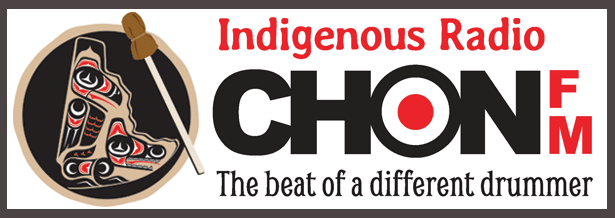
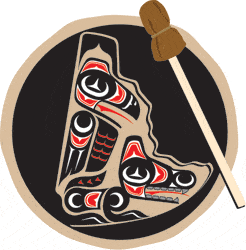
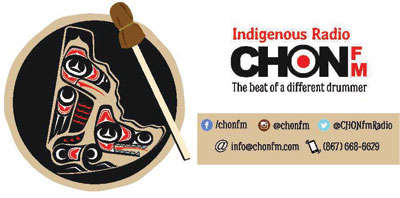
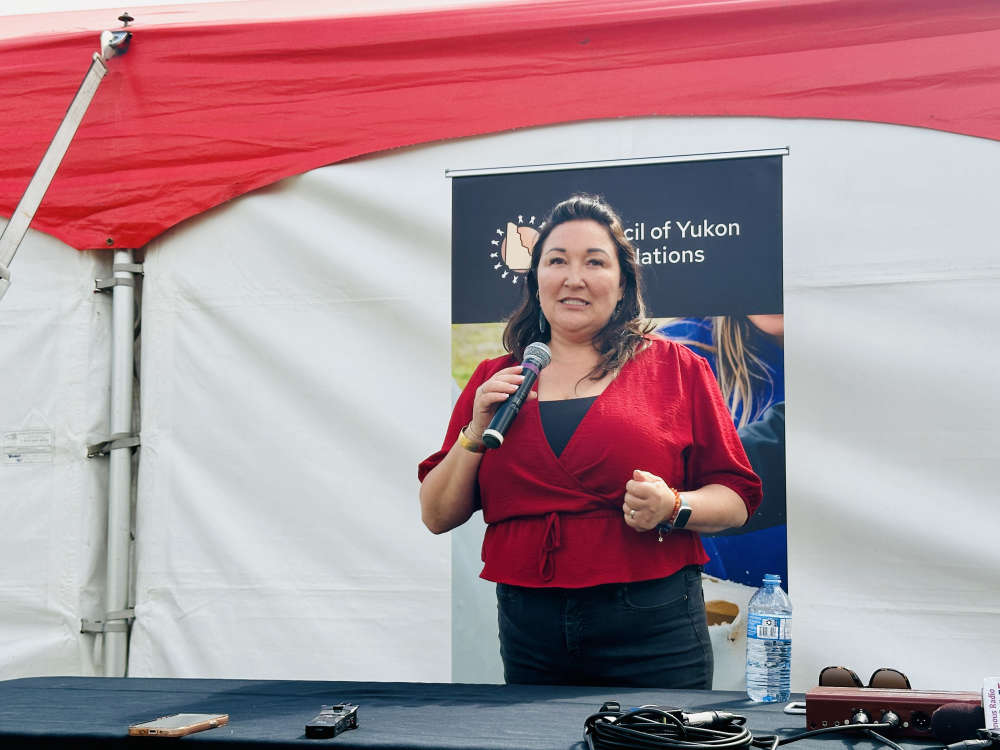 Math'ieya Alatini elected CYFN Grand Chief
Math'ieya Alatini elected CYFN Grand Chief
 Watson Lake man charged in firearm robbery
Watson Lake man charged in firearm robbery
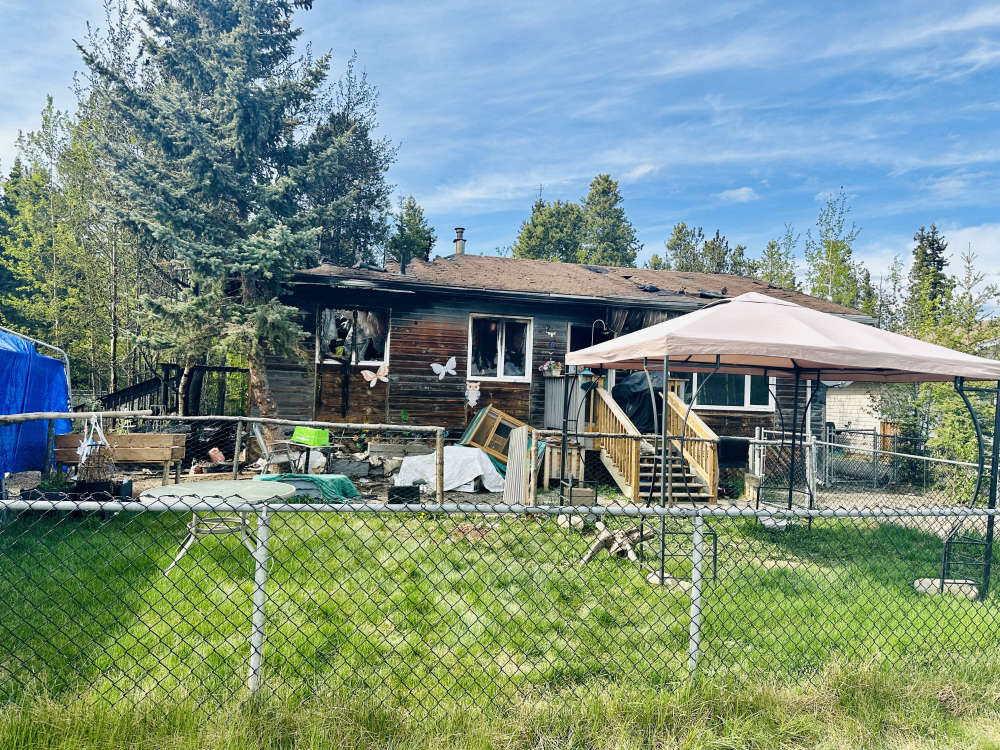 House fire in McIntyre contained
House fire in McIntyre contained
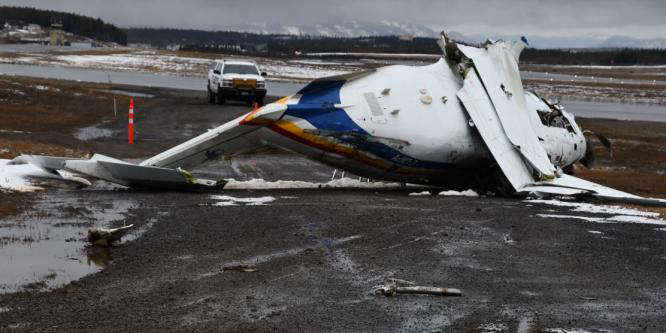 RCMP plane crash caused by faulty sensor: TSB report
RCMP plane crash caused by faulty sensor: TSB report
 New Fireweed Mental Health unit opens at Whitehorse General Hospital
New Fireweed Mental Health unit opens at Whitehorse General Hospital
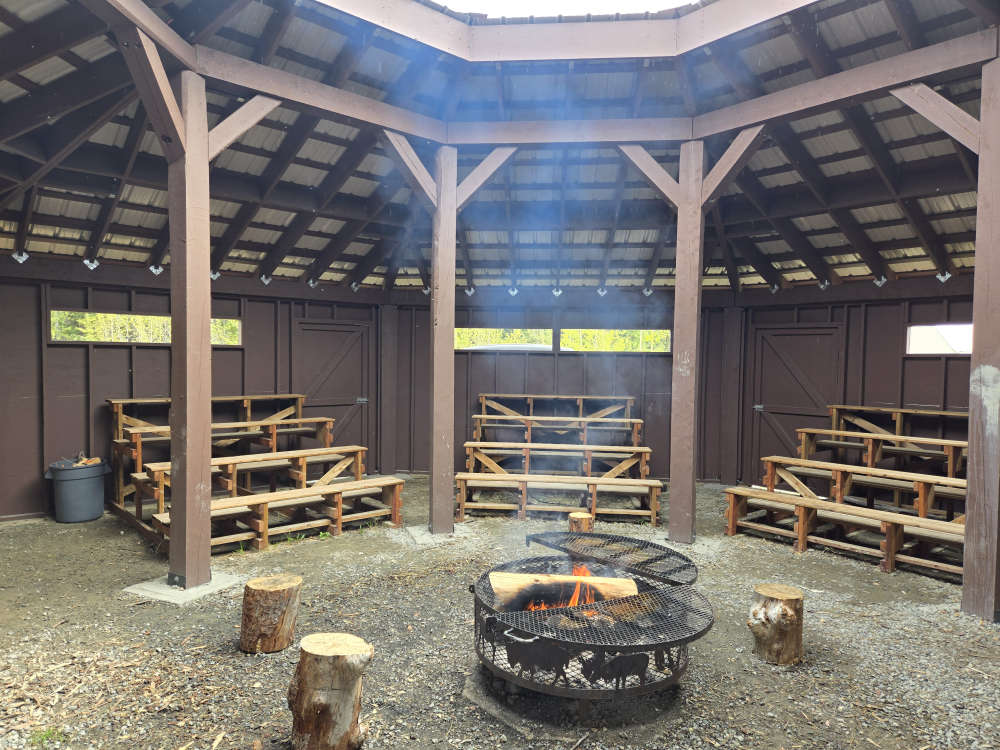 Traditional learning camp opens at Whitehorse school
Traditional learning camp opens at Whitehorse school
 Yukon Schools introduce online registration for bus service
Yukon Schools introduce online registration for bus service
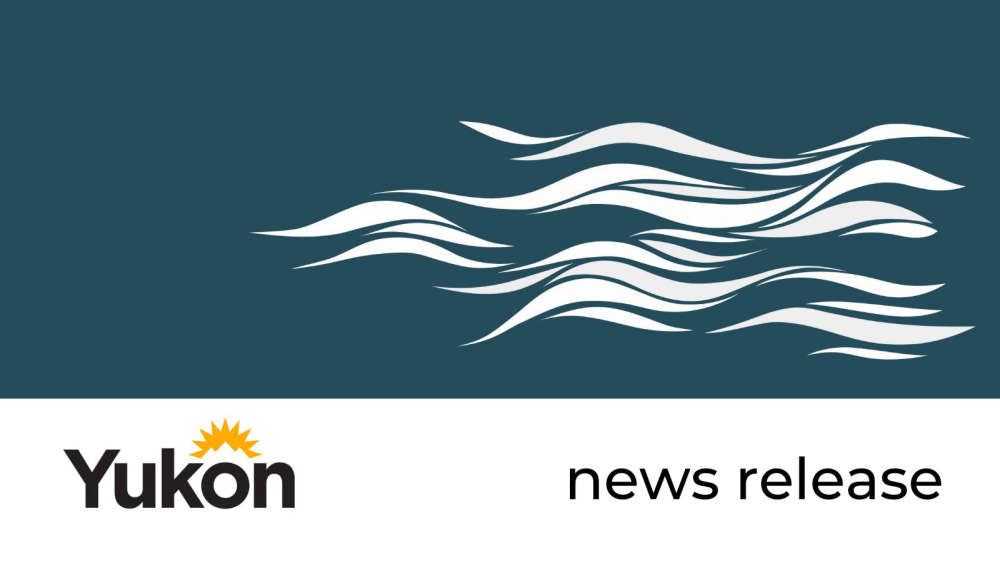 Yukon Government unveils progress in healthcare transformation with 2024 Putting People First annual report
Yukon Government unveils progress in healthcare transformation with 2024 Putting People First annual report
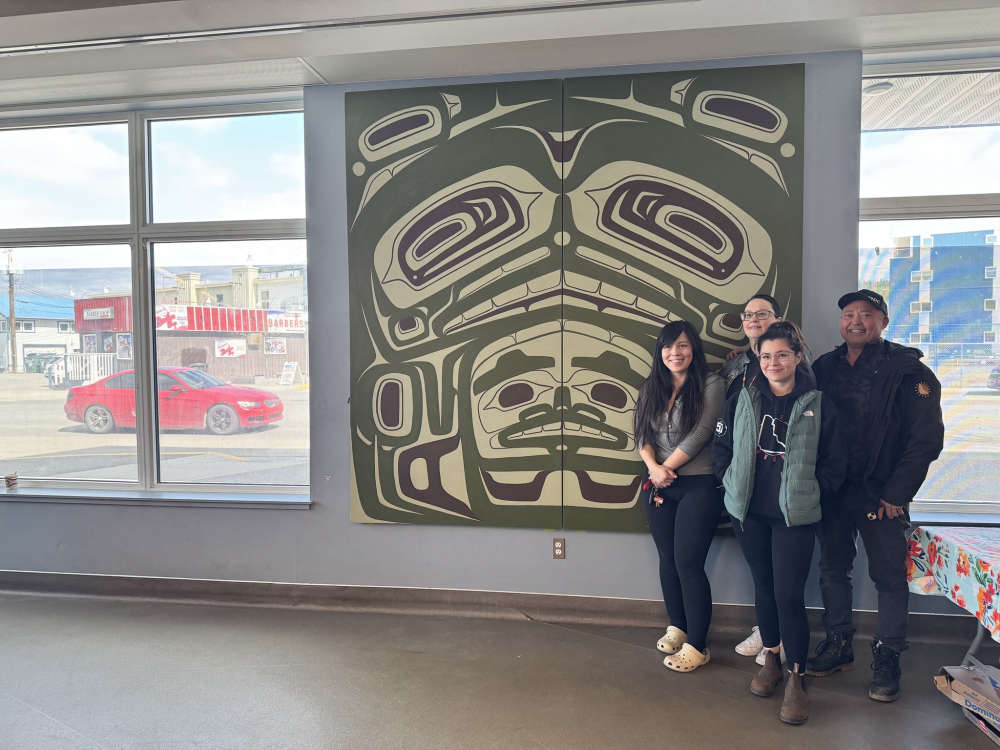 Whitehorse Emergency Shelter unveils New Artwork celebrating Yukon First Nations culture
Whitehorse Emergency Shelter unveils New Artwork celebrating Yukon First Nations culture
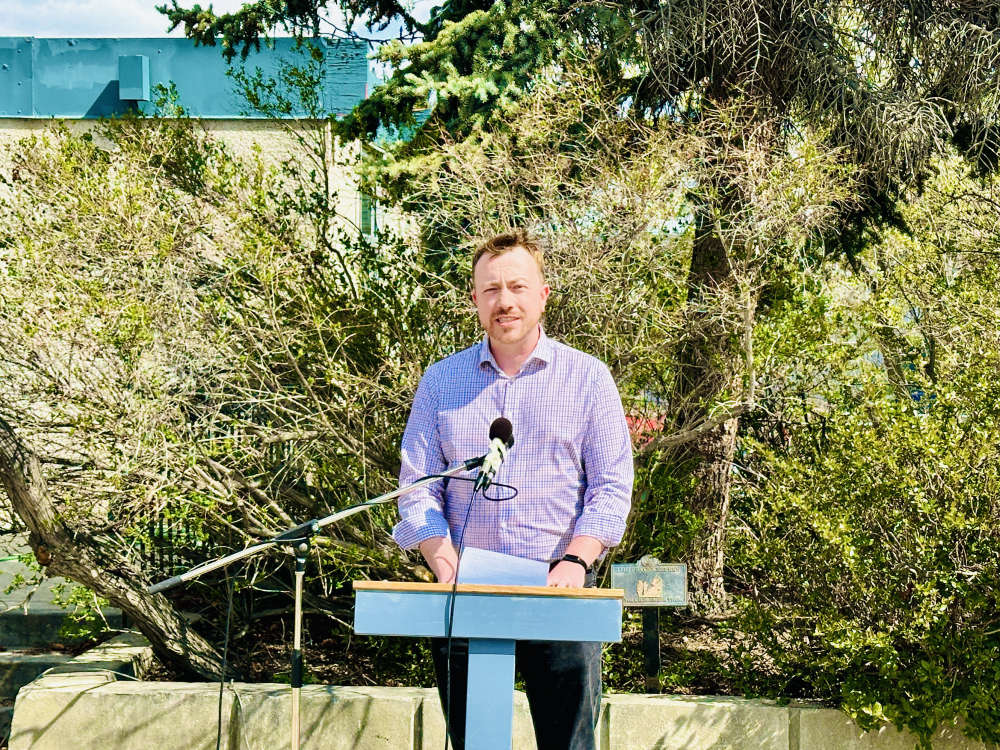 Former Whitehorse City Councillor Ted Laking announces bid for Yukon Party nomination in Porter Creek Centre
Former Whitehorse City Councillor Ted Laking announces bid for Yukon Party nomination in Porter Creek Centre
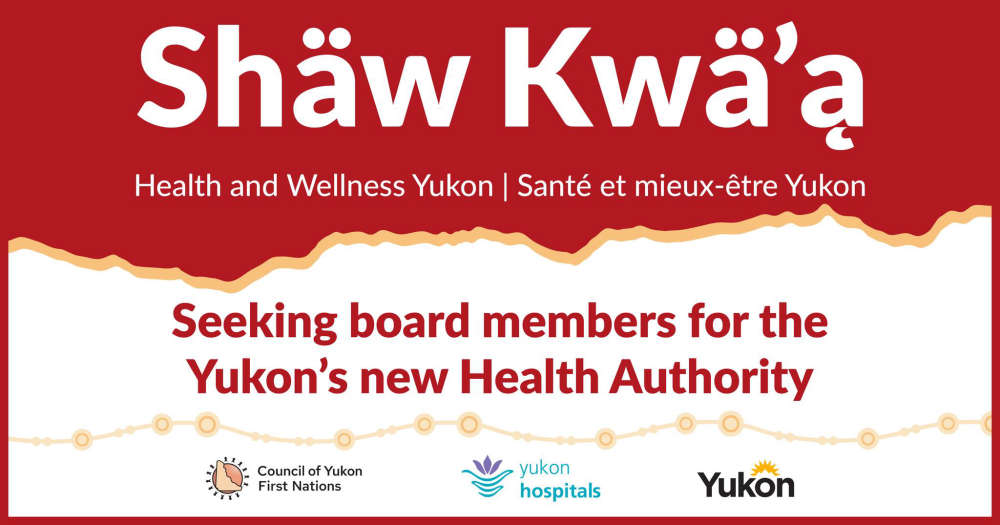 Yukon Government seeks applicants for new Health Authority Board
Yukon Government seeks applicants for new Health Authority Board
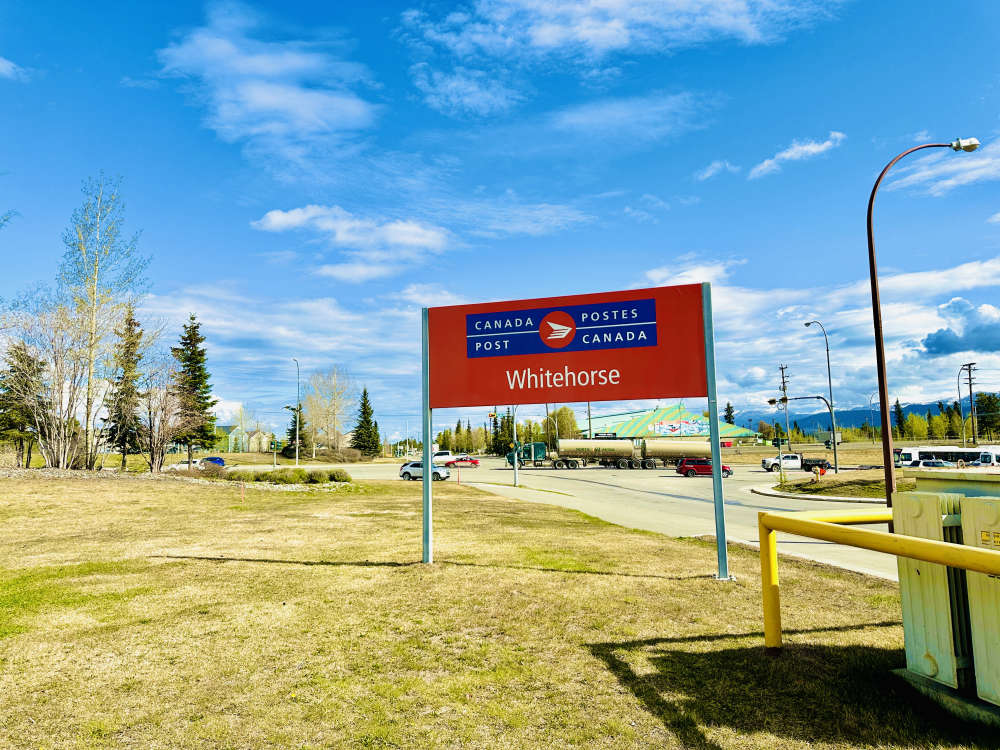 Canada Post strike looms, Yukoners brace for disruption
Canada Post strike looms, Yukoners brace for disruption
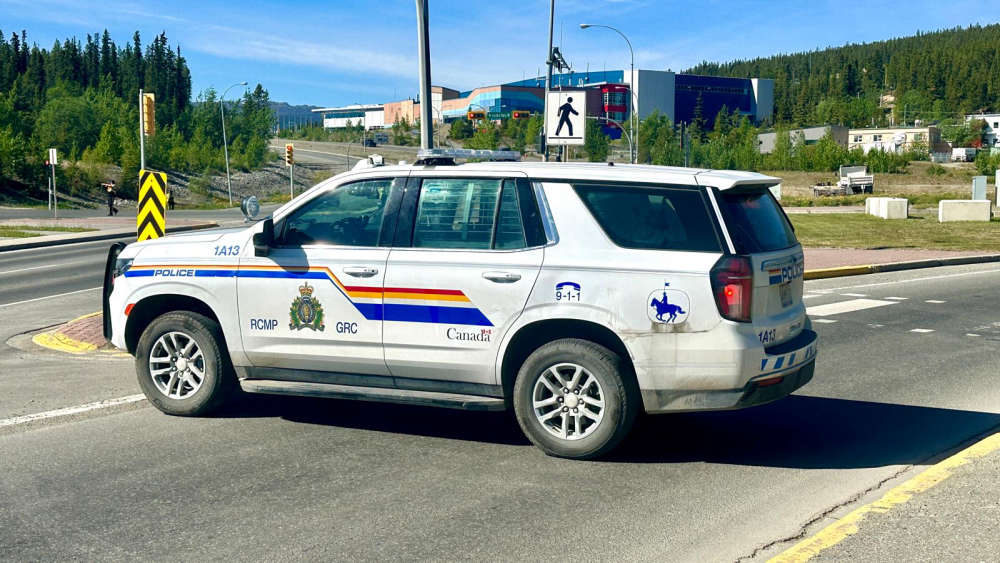 Driver charged in fatal collision that killed Yukon Government Deputy Minister and injured Minister
Driver charged in fatal collision that killed Yukon Government Deputy Minister and injured Minister
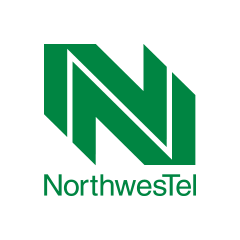 Yukoners encouraged to apply for Northwestel's Northern Futures Scholarship Program
Yukoners encouraged to apply for Northwestel's Northern Futures Scholarship Program
 City of Whitehorse summer transportation maintenance work underway
City of Whitehorse summer transportation maintenance work underway
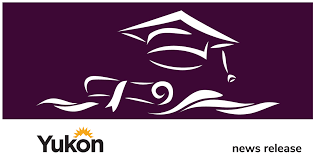 Yukon Government seeks input on new downtown public school
Yukon Government seeks input on new downtown public school
 Indigenous leadership takes centre stage: Rebecca Chartrand and Mandy Gull-Masty appointed to key cabinet roles
Indigenous leadership takes centre stage: Rebecca Chartrand and Mandy Gull-Masty appointed to key cabinet roles
 Whitehorse prepares for Annual 20-Minute makeover
Whitehorse prepares for Annual 20-Minute makeover
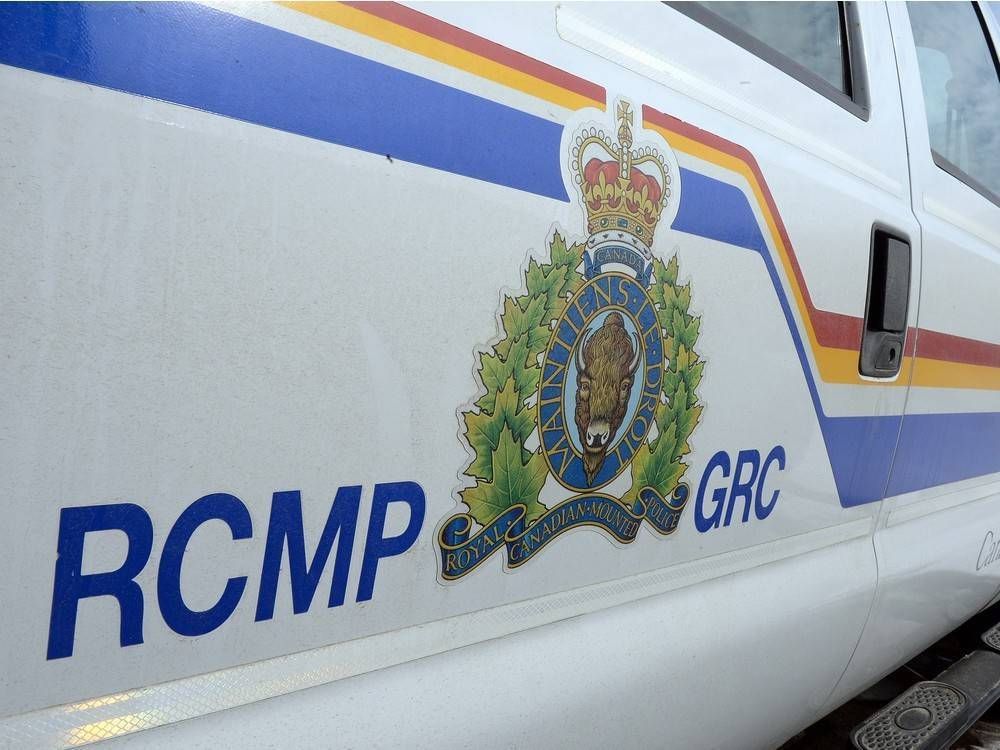 RCMP conducting training exercises on Schwatka Lake
RCMP conducting training exercises on Schwatka Lake
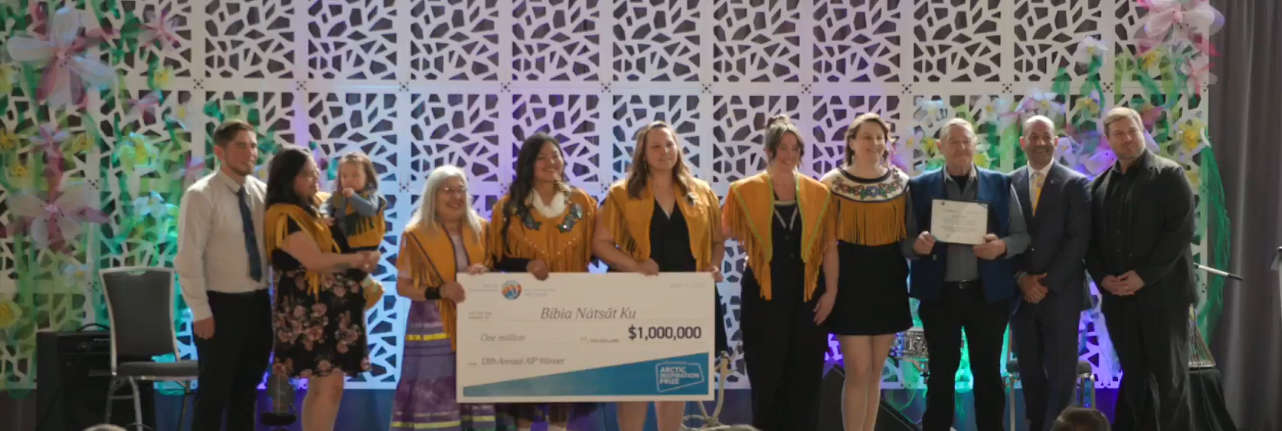 CYFN makes history as winner of prestigious Arctic Inspiration Prize
CYFN makes history as winner of prestigious Arctic Inspiration Prize